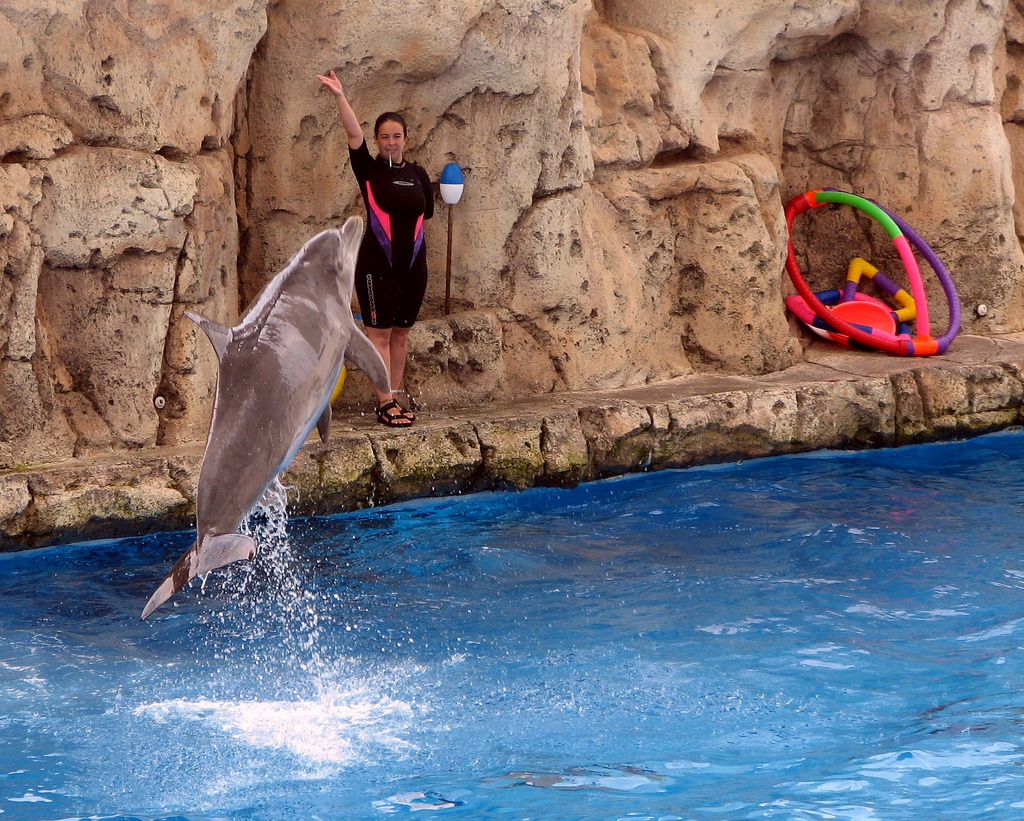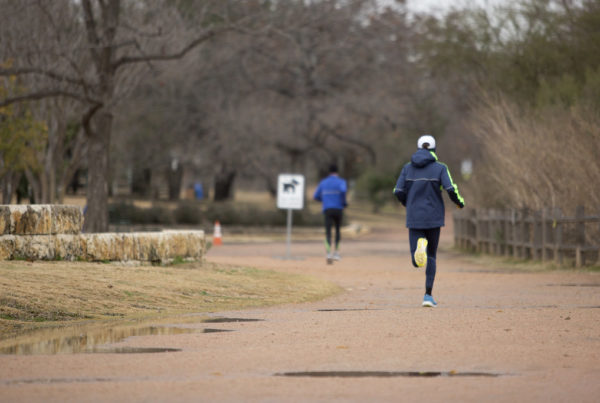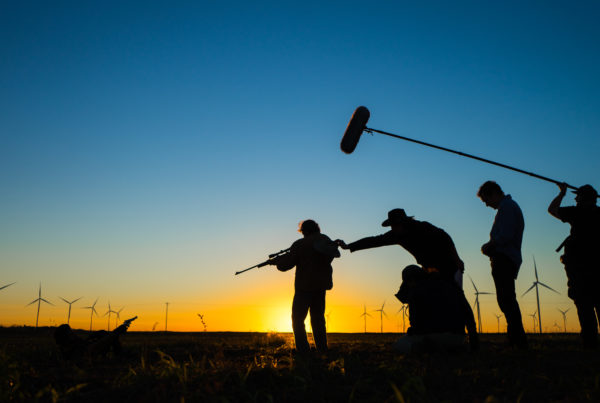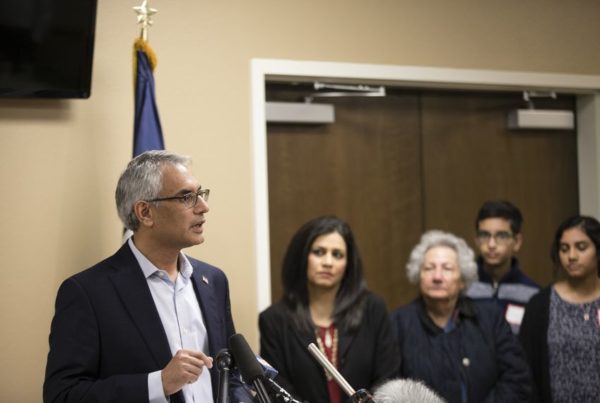According to the trade magazine “Pet Age,” more and more pet owners are providing their animals with human-like products or experiences. Pet humanization, as it’s called, might make humans happier, seeing their little creatures interact with the world in the way their owners do. But what makes the animals happy?
The Texas State Aquarium in Corpus Christi recently hired Catherine Razal whose sole job is to study the well-being of the animals there. Razal is the new conservation and animal wellness specialist – a position in which she’ll look at “how animal care and things like behavior and health and nutrition, and all those aspects of an animal’s life go into making it the best kind of life that they can have,” Razal says.
But how does she know if an animal is happy? Razal says she asks herself that question everyday, as she navigates her new job.
“Looking at things like happiness – [it has] to be backed up by science and scientific evaluations and data collection in order for us to actually come up with some sort of answer,” Razal says.
She says her position is part of a larger project that includes 44 other institutions worldwide that’s looking at all dolphins under human care. Researchers are measuring things like the dolphin’s behavior, movement and how they use their habitat. She says they’ve even attached FitBits to them.
“All these things go into the science behind how well we take care of these animals and what we can do to improve their lives,” Razal says.
She’s not only looking at dolphins, but other sea creatures as well like starfish, octopus and cuttlefish.
“All of those things have life histories and behavior and health, that all those things can be measured and those are the things we’re trying to figure out,” Razal says.
Razal says everyone at the aquarium contributes in some way to the well-being of the animals.
“I definitely look at the support of the staff here at the aquarium and I think that they’re one of the biggest reasons why I come to work everyday,” Razal says. “All of them have very different opinions and ideas and ways and talents and skills that all of us will take care of the animals, and try to make sure that all of their lives are thriving,” Razal says.
Written by Caroline Covington.

















